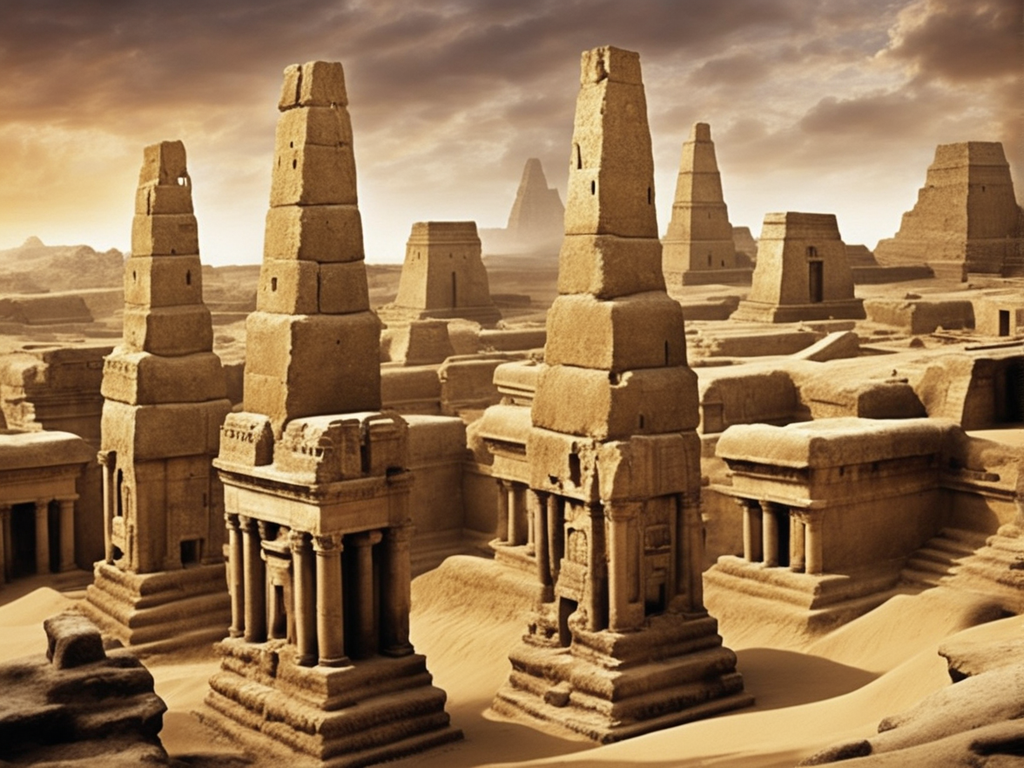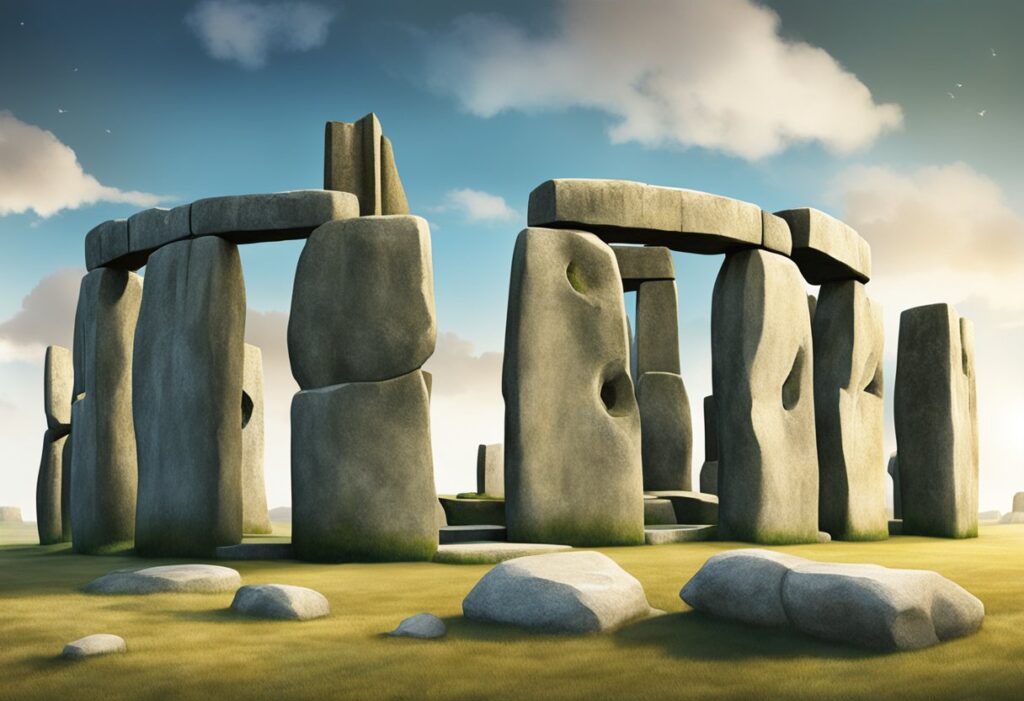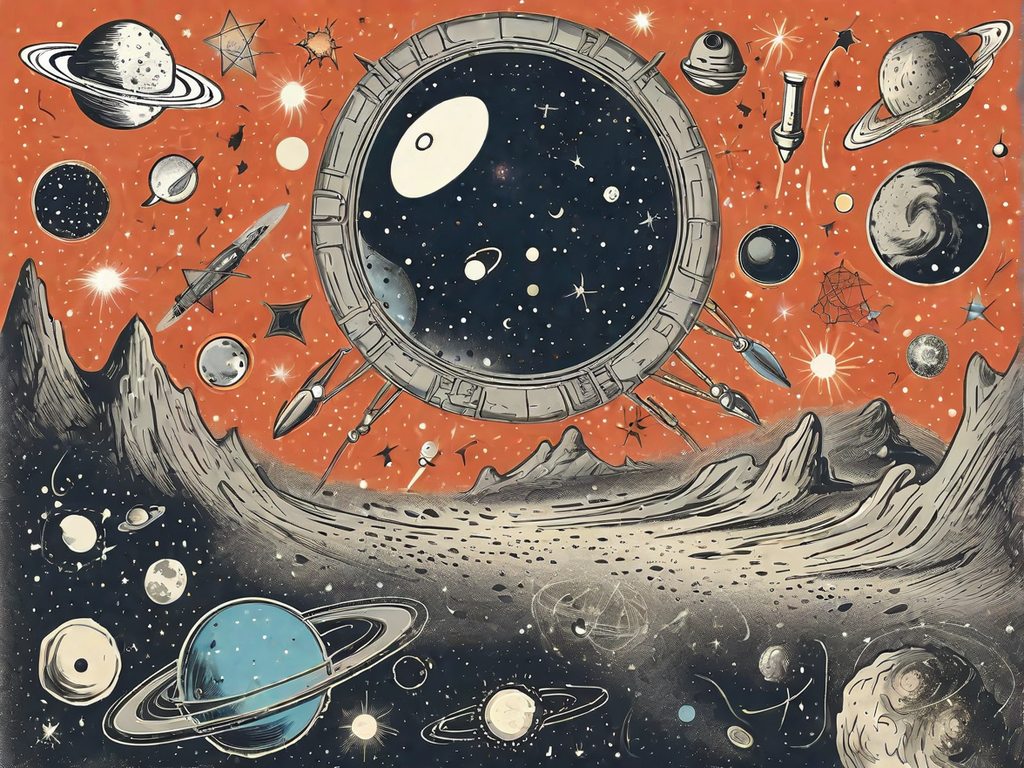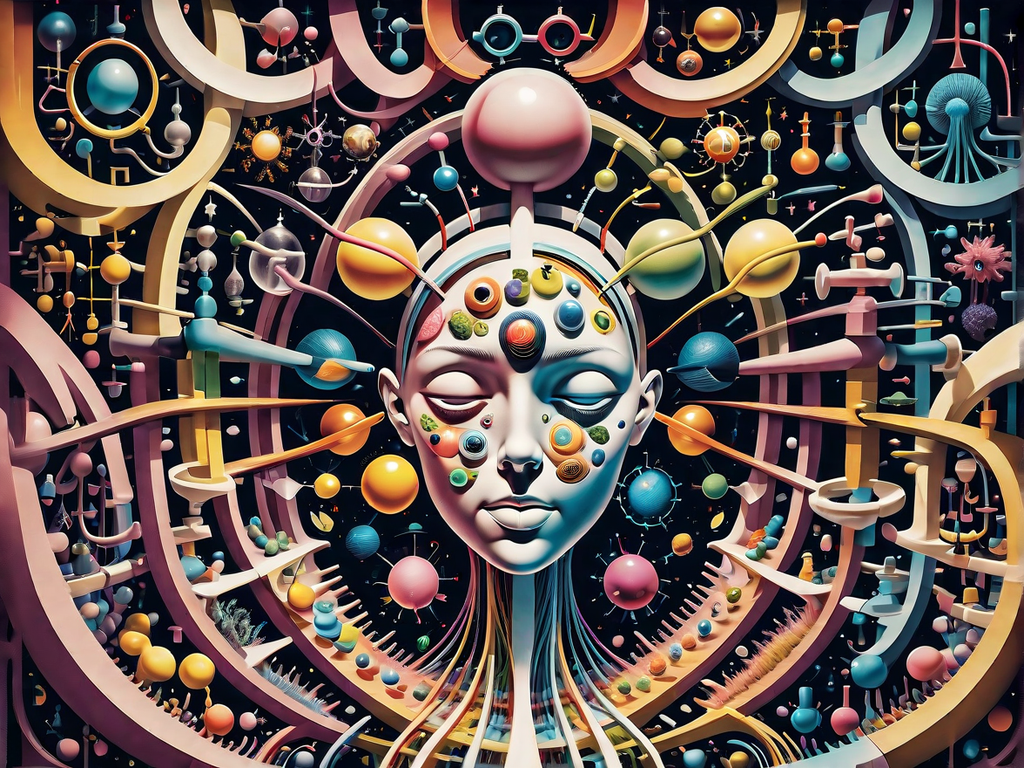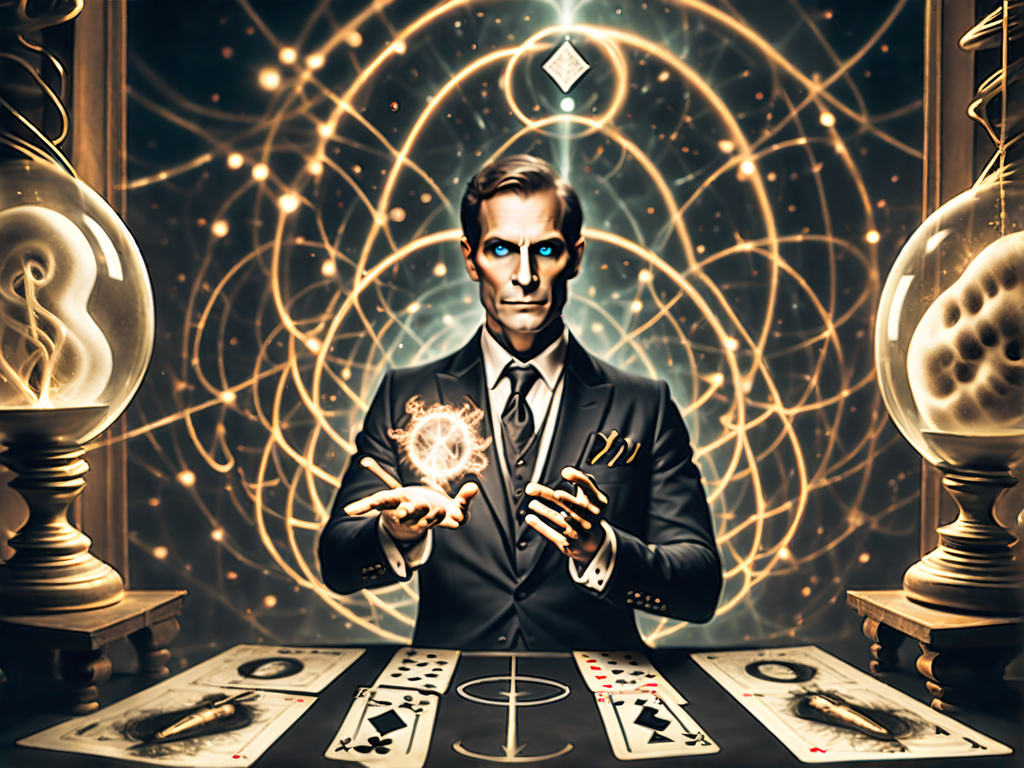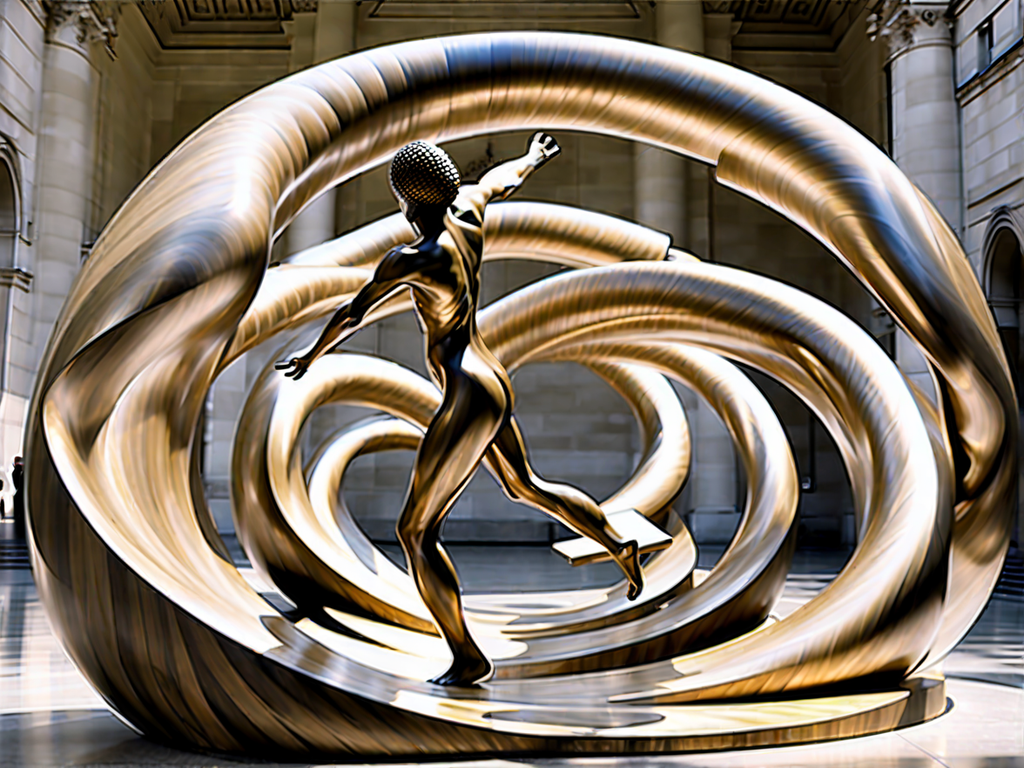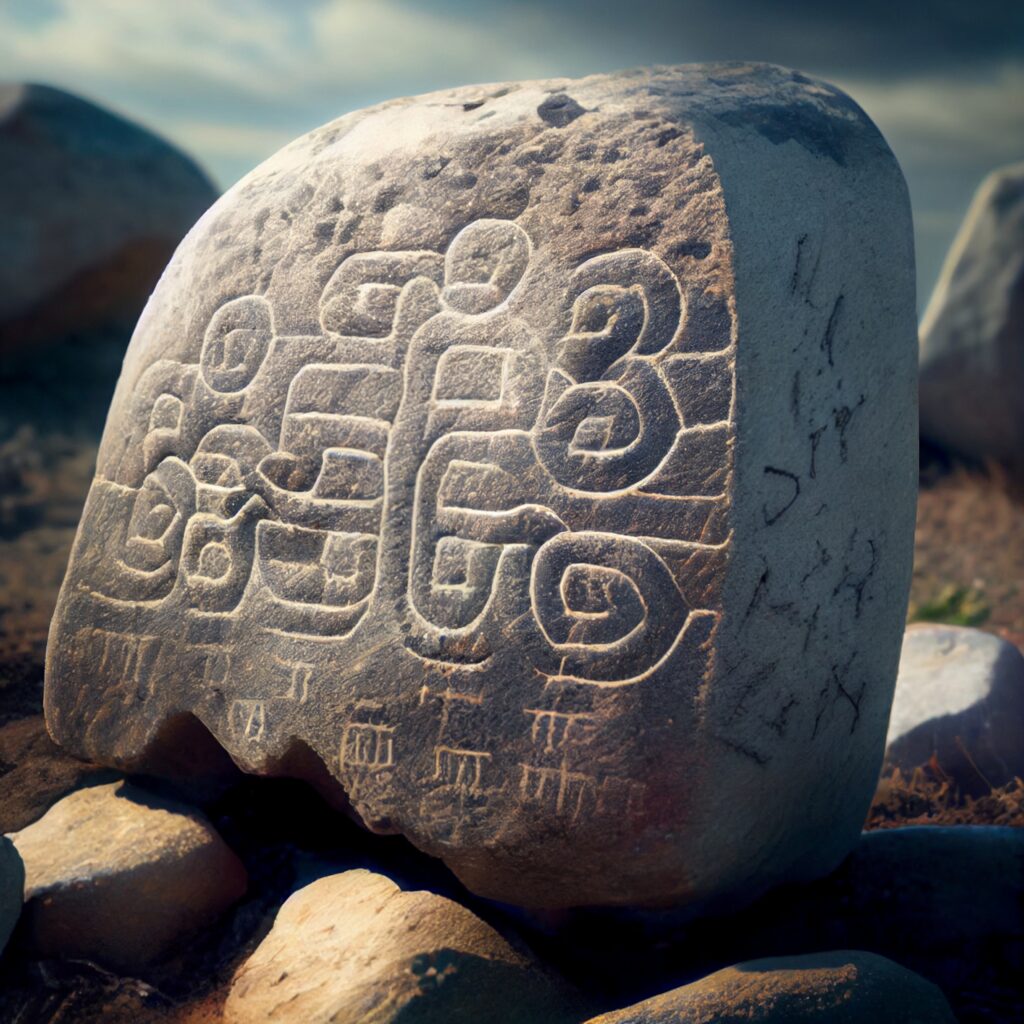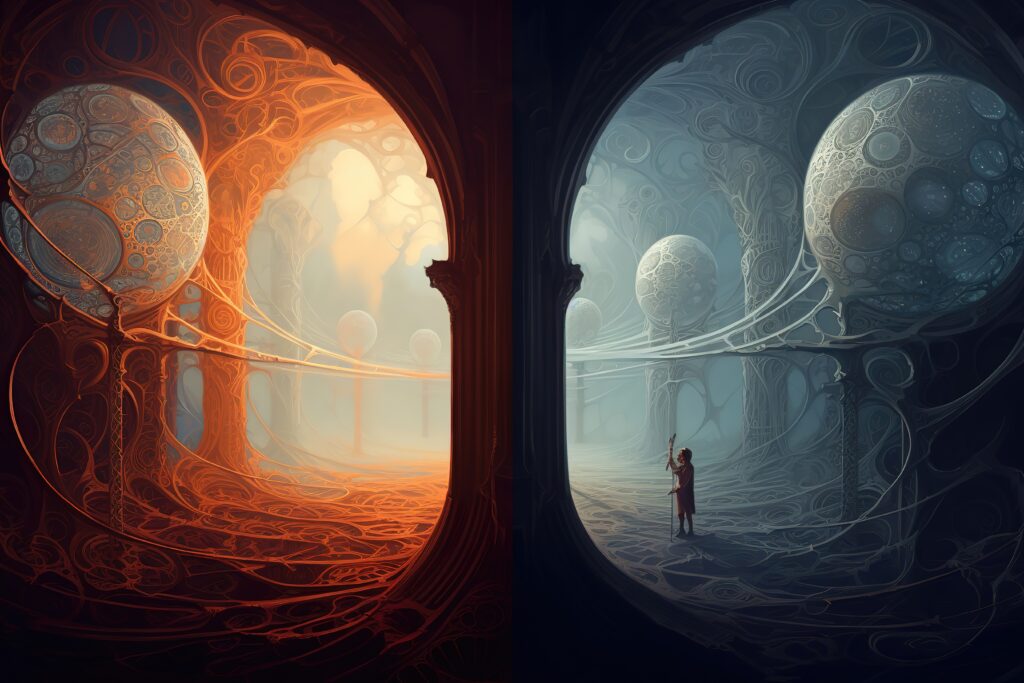The nature of time has long been a subject of philosophical inquiry. From ancient thinkers to modern scholars, the concept of time has captivated the human imagination and prompted profound questions about its fundamental essence.
When contemplating the nature of time, philosophers have proposed various perspectives and theories that seek to shed light on this complex phenomenon. Let us now explore some of these perspectives and delve into the rich tapestry of ideas surrounding the nature of time.
Perspectives on the Nature of Time
- Temporalism: Temporalism posits that time is an objective reality that flows and unfolds in a linear fashion. According to this perspective, events in the past, present, and future exist concretely, and our perception of time corresponds to this objective reality.
- Eternalism: In contrast to Temporalism, Eternalism suggests that all moments in time are equally real and exist simultaneously. According to this view, past, present, and future events coexist, akin to a vast cosmic tapestry in which all moments exist eternally.
- Presentism: Presentism argues that only the present moment is real, with the past having already occurred and the future yet to unfold. Proponents of Presentism contend that the past is a collection of memories and the future is a realm of possibilities.
Theories Exploring the Nature of Time
Philosophers have developed various theories to further understand the nature of time. These theories offer diverse perspectives on the underlying principles that govern the passage and existence of time.
| Theory | Description |
|---|---|
| Platonic Idealism | Time is considered an abstract and transcendental concept, existing independently of our subjective experience. |
| Leibnizian Relationalism | Time is a relational concept, dependent on the relationships between events, rather than an absolute and objective entity. |
| Block Universe Theory | Time is viewed as a four-dimensional block where past, present, and future coexist in a fixed and unchanging structure. |
| Process Philosophy | Time is seen as a dynamic and evolving entity, where reality is in a constant state of becoming rather than fixed points in time. |
Time as Linear Progression

Time, the fundamental framework of our existence, has been conceptualized as a linear progression by various philosophical traditions throughout history. This notion suggests that time flows in a sequential manner, moving forward in a continuous and irreversible trajectory.
Linear progression perceives time as a unidirectional arrow, where events unfold one after another, creating a sense of past, present, and future. This understanding of time shapes our perception and understanding of reality, defining our experiences, memories, and aspirations.
The concept of linear progression can be traced back to ancient Greek philosophers such as Heraclitus and Parmenides, who contemplated the nature of time and its relation to change and permanence. Heraclitus proposed that everything is in a constant state of flux, stating, “No man ever steps in the same river twice.” Parmenides, on the other hand, argued for the existence of a timeless and unchanging reality.
The implications of perceiving time as a linear progression are profound. It highlights the irreversibility of events, emphasizing the importance of seizing the present moment and acknowledging the impermanence of the past. It also underlines the development and evolution of individuals, societies, and civilizations, as each moment builds upon what came before.
The Linear Progression of Time
To better understand the linear progression of time, let us consider the following example:
| Event | Time (in years) |
|---|---|
| Big Bang | 13.8 billion years ago |
| Formation of Earth | 4.5 billion years ago |
| Origin of Life | 3.5 billion years ago |
| Development of Homo sapiens | 200,000 years ago |
| Industrial Revolution | late 18th century |
| Moon Landing | 1969 |
| Present Day | 2021 |
| Future | Unknown |
This table demonstrates the linear progression of time, showcasing significant events in the history of our universe and Earth. Each event builds upon the ones that came before, shaping the world as we know it today.
While the linear progression of time provides a coherent framework for understanding our reality, it is important to acknowledge that different cultures and philosophical perspectives may offer alternative conceptions of time. Nevertheless, the linear progression of time remains a dominant concept in our contemporary understanding of existence.
Next, we will explore the illusion of time and how it challenges our perception of the linear progression.
The Illusion of Time

Time, often considered a fundamental aspect of our reality, may not be as it seems. The illusion of time manifests in our subjective experience, creating a distinction between our perception and its objective reality.
Think about those moments when time seemingly flies by, while minutes can feel like hours in other situations. These variations in our perception reflect the illusory nature of time.
From a philosophical perspective, the illusion of time raises profound questions about the nature of reality and our place within it. Are past, present, and future truly separate entities, or are they mere constructs of our minds?
Some philosophers argue that time is illusory because it is not an inherent property of the universe, but rather a mental construct that helps us make sense of our experiences. They suggest that time is a tool our minds use to impose order and structure on the ever-changing world around us.
Others propose that the illusion of time arises from our limited perception and cognitive biases. Our brains are wired to perceive time in a linear sequence, with events unfolding one after another. However, this linear perception may not accurately reflect the true nature of time.
The illusion of time can also be explored through the concept of time dilation, which occurs in the field of physics. Time dilation refers to the phenomenon where time appears to move slower or faster depending on relative motion or gravitational forces. This further highlights the subjective nature of our experience of time.
Ultimately, the illusion of time challenges our understanding of existence and prompts us to question the very fabric of reality. While time may appear to be an absolute and objective force, the illusory nature of our subjective experience reminds us to consider alternate perspectives and challenge conventional notions.
Our subjective perception vs. objective reality: A Comparative Analysis
| Subjective Perception | Objective Reality |
|---|---|
| Time feels different in various situations | Time is a constant, unaffected by circumstances |
| Time appears to move faster or slower | Time is consistent and unchanging |
| Memories can distort our sense of time | Time remains unaffected by our memories |
| Perception of time can be influenced by emotions | Time is independent of our emotional state |
Time and Free Will
One of the most intriguing debates in philosophy revolves around the relationship between time and free will. Do we truly have control over our actions, or are they predetermined by the flow of time? This age-old question has captivated philosophers, challenging our understanding of human agency and the nature of time itself.
At the heart of this debate lies the concept of determinism – the belief that all events, including human actions, are bound by cause and effect. According to determinism, our choices and actions are simply the result of the circumstances and conditions that precede them. In this view, the illusion of free will arises from our limited perspective and inability to comprehend the complexity of causality.
On the other hand, proponents of indeterminism argue for the existence of genuine free will, suggesting that human actions are not solely determined by external factors. They propose that there is an inherent unpredictability and randomness in the universe that allows for autonomous decision-making. In this perspective, time is not a linear constraint but a canvas upon which our choices are painted.
The Dichotomy of Determinism and Indeterminism
By examining the implications of determinism and indeterminism, philosophers have sought to unravel the intricate connection between time and free will. While determinism seems to align with a linear understanding of time, indeterminism offers the possibility of transcending temporal boundaries and asserting individual autonomy.
To further explore this dichotomy, let’s examine a hypothetical scenario:
Sarah, a young artist, stands at a crossroad. She must decide between pursuing her passion or embracing a more stable and predictable career path. Determinism suggests that Sarah’s decision is predetermined by a complex web of factors, such as her upbringing, education, and societal pressures. However, indeterminism challenges this notion by asserting that Sarah has the power to shape her own destiny, guided by her desires and motivations.
The table below summarizes the key differences between determinism and indeterminism:
| Determinism | Indeterminism |
|---|---|
| Every event, including human actions, is determined by cause and effect. | There is inherent unpredictability and randomness, allowing for autonomous decision-making. |
| Time is a linear constraint. | Time is a canvas upon which choices are made. |
| Human agency is an illusion. | Human agency is real and has the power to shape outcomes. |
Timelessness and Eternity
As we dive deeper into the realm of philosophical inquiry, our exploration takes us to the profound concepts of timelessness and eternity. These notions go beyond our everyday understanding of time, inviting us to contemplate the timeless nature of existence and the eternal aspects of reality.
Timelessness refers to a state or quality that transcends the limitations of time. It is the idea that certain phenomena, truths, or experiences are not bound by the constraints of past, present, or future. Instead, they exist in a realm beyond the fleeting moments and temporal progression that characterize our everyday existence. Timelessness opens a door to eternal truths and timeless wisdom that are not subject to the passage of time.
Eternity, on the other hand, represents a concept that encompasses infinite duration and timelessness. It is the idea of an existence that extends beyond our mortal lives and encompasses a limitless expanse of time. Eternity suggests that there is more to our reality than the transient moments we experience, hinting at a grander, everlasting narrative that unfolds beyond the boundaries of our comprehension.
In the pursuit of understanding these concepts, philosophers have grappled with questions such as: What does it mean for something to be timeless? Can we truly grasp the concept of eternity? Does timelessness and eternity exist on a metaphysical plane beyond our human comprehension? These inquiries stimulate our intellectual curiosity and challenge us to contemplate the fundamental nature of existence.
Exploring Philosophy’s Take on Timelessness and Eternity
Various philosophical schools of thought offer unique perspectives on timelessness and eternity. Let us explore a few of these philosophical ideas that expand our understanding of these elusive concepts:
- Platonic Idealism: According to Plato, timelessness exists in the realm of Ideas or Forms, which are eternal and unchanging. These timeless essences shape the imperfect world we perceive through our senses, serving as the ultimate reality.
- Spiritual Traditions: Many spiritual and religious traditions embrace the notion of eternity as a transcendent reality beyond our mortal lives. Concepts such as Nirvana, Heaven, or Moksha depict an eternal existence that supersedes the transient nature of our earthly experience.
- Einstein’s Theory of Relativity: Einstein’s groundbreaking theory suggests that time is not an absolute, but rather a flexible dimension that can be influenced by gravity and velocity. It blurs the boundaries between past, present, and future, challenging our conventional understanding of linear time.
By delving into these perspectives, we begin to question the nature of our own existence and confront the limits of our temporal perception. Our exploration of timelessness and eternity opens a gateway to philosophical contemplation, encouraging us to ponder the profound mysteries that lie beyond the veil of time.
| Timelessness | Eternity |
|---|---|
| Transcends the limitations of time | Encompasses infinite duration and timelessness |
| Exists beyond the fleeting moments | Extends beyond our mortal lives |
| Reveals eternal truths and timeless wisdom | Implies a grander, everlasting narrative |
| Challenges our conventional understanding | Questions the limits of our temporal perception |
Conclusion
In conclusion, our exploration of the philosophy of time has revealed profound insights into the nature of this perplexing concept. From examining different perspectives on the nature of time to contemplating its illusory nature, we have delved deep into the philosophical theories that surround time.
One of the key takeaways from our investigation is the subjective experience of time, which may differ from its objective reality. Humans perceive time as a linear progression, yet philosophers have questioned the true nature of this perception and the implications it holds for our existence.
Furthermore, the debate surrounding the relationship between time and free will has profound consequences for human agency. Determinism and indeterminism present contrasting views, challenging our understanding of choice and the extent to which we are bound by the constraints of time.
Finally, we have explored the concept of timelessness and eternity, inviting us to transcend our conventional understanding of time and consider the possibility of a reality beyond its grasp.
In conclusion, the philosophy of time raises eternal questions that continue to captivate philosophers and thinkers alike. As we grapple with the complexities and uncertainties surrounding time, we are reminded of the ever-present mysteries that lie beyond our grasp.





